Discover whether Feng Shui is a Science with 5 Genuine Historical Facts and more.
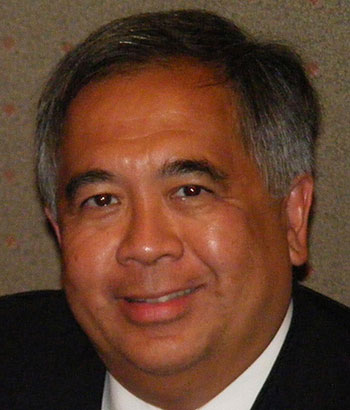
Dr. Michael Oon

I have been asked many times, “You are a trained scientist and whether Feng Shui is a Science?"
The Historical Context from the Past to establish the link whether Feng Shui is a Science.
I would like to take you back in history—different attitudes at different times. The attitudes in the Middle Ages and the Modern Ages are so different.
In the Middle Ages, the rules of life were based on the text of the religion and the final arbiter in the interpretation was the head of the religion. The Modern Age is the age of reason. If you could prove your point according to the rules of Science, it is acceptable.
I would look at the big picture when the world moved out of the Middle Ages (476 to 1453), the world moved to the Early Modern (1450-1750) and Modern Ages (1750 -1900)
The Early Modern Age was dominated by global interactions – people from different parts of the world travelling to other parts. This included the discovery of the Americas.
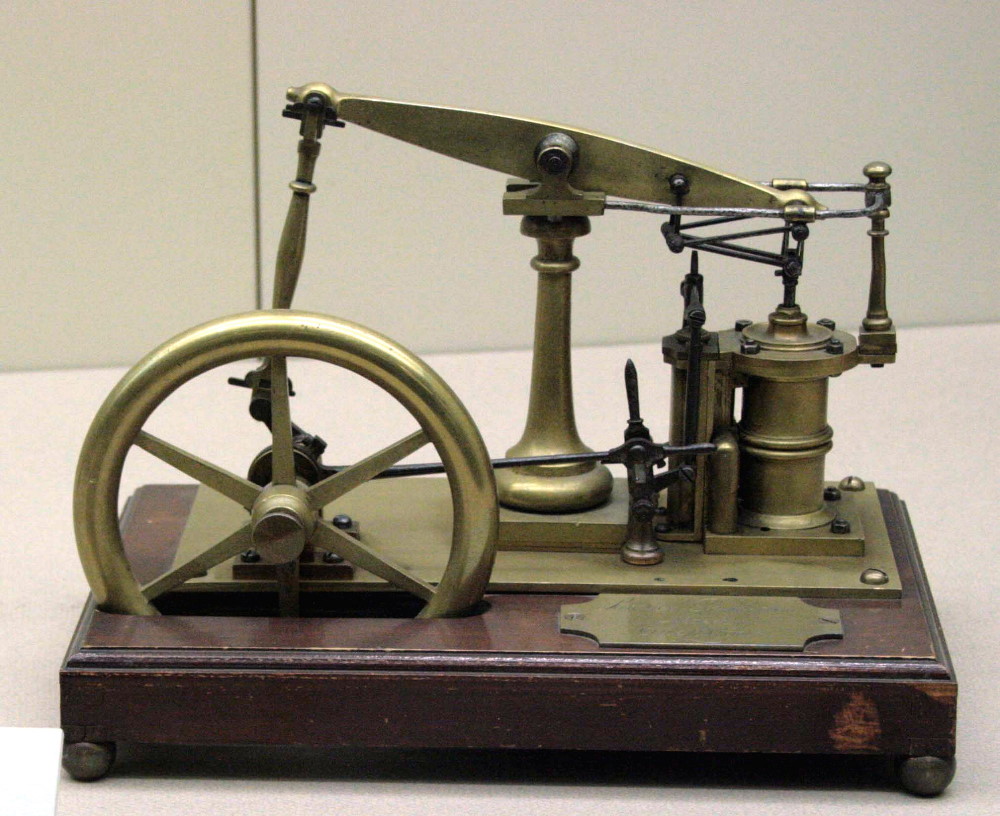
The Modern Age started with the 1st industrial revolution in England with the use of machines to manufacture textiles, pump water away in mines etc. It was the scientific understanding - when steam is condensed to water, a created partial vacuum moves a piston. This converts energy to motion. The first steam engine was made in 1698.
It was the understanding of Science which enabled the technology to make the giant leap to the industrial period. Since the 1st industrial revolution, we have experienced 4 industrial revolutions. The 5th is underway.
- The 1st – Coal used to heat water to produce steam – the steam engine.
- The 2nd – is the use of mass production for machines, cars and the use of electricity.
- The 3rd – is the use of digital technology for computers, automation and robotics etc
- The 4th – is networking (the internet) and renewable technology
- The 5th – is the use of artificial intelligence.
All these industrial revolutions were preceded by developments in Science.
What is Science? (Classical Definition)
From Wikipedia: Science is a systematic enterprise that builds and organises knowledge through testable explanations and predictions about the universe.
This is a general statement with the Classical or textbook definition:
Classical Definition
In Western Science, you start with an observation of an effect. You then postulate a hypothesis to explain the effect, and then you devise a test to validate this hypothesis. When validated, it then comes with a theory which explains the mechanism.
For example, Sir Isaac Newton observed (1666 AD) that apples always fall to the ground. He postulated the hypothesis that bodies attracted each other. He tested this hypothesis with observations of the universe. Planets orbited around other bodies. These observations confirmed the hypothesis. The mechanism of this theory is that the larger the “mass of the body”, the stronger the power of attraction it has. It became Newton’s “Law of Universal Gravitation” when other scientists independently confirmed these observations. The key feature of Science is the need to replicate the results.
Relationship of Chinese Metaphysics and Western Science.
Chinese metaphysics relies on Qi (energy) as the main driving force. For example, in Qi Gong or Tai Qi exercises produces Qi which you can feel and possibly see.
In Feng Shui, Qi is the driving force in the environment. Some persons have the ability to visualise or feel this Qi in the environment.
However, with the above definition, it is not possible to define Qi. Therefore, Feng Shui cannot be considered part of Western Science.
However, Feng Shui has been integral to Chinese Culture since the start of its civilisation some 4,000 years ago.
Feng Shui is the methodology of using the environment to improve the well-being of the people in the building.
The rules of Traditional Feng Shui work are known to work. If it did not, it would have been discarded centuries ago.
Feng Shui is officially part of the Chinese culture as it has a section in the Five Arts of Chinese Metaphysics. The Five Arts is an official document issued from the Imperial Court of the Chinese Emperor.
Conclusion: Using the textbook definition of Science, Feng Shui is not Science.
This definition is very theoretical. There are many empirical observations in nature that are not explained but are part of Science. These are Natural Sciences and Life Sciences.
What is Science? A Practical Definition
Let us discuss a more practical definition from the Science Council. The Science Council is the organisation for professional bodies and learned societies across Science. It is about the practice of science and not an academic body.
The Science Council in the UK defines Scientific methodology, which includes:
- Objective observation
- Evidence
- Experiment and/or observation
- Induction: reasoning to establish general rules or conclusions drawn from facts or examples
- Repetition
- Critical analysis
- Verification and testing: critical exposure to scrutiny, peer review and assessment
This is a practical approach to the subject, away from the textbook attitude described earlier.
I will take these three stages to this definition:
Repetition
Evidence
Critical Analysis
The essential part is the word is Evidence.
Example 1: Evidence and Repetition - Making of Bread
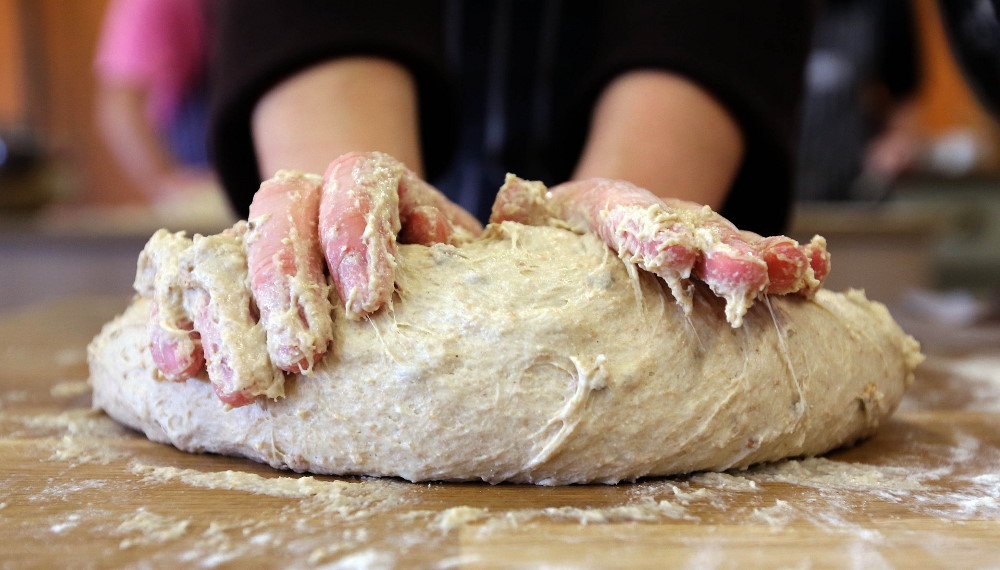
We know that when we mix flour, water and yeast in various proportions and bake the mixture, we get bread. When the procedure is followed repeatedly, the end product is the same. It, therefore, fits the criteria of repetition.
When we use a different method of preparation with the additional ingredients of egg and sugar but without yeast – we get the cake as the product. Again, when the procedure is followed repeatedly, the end product is consistent.
This is Science.
Example 2: Evidence and Critical Analysis - Sir Issac Newton
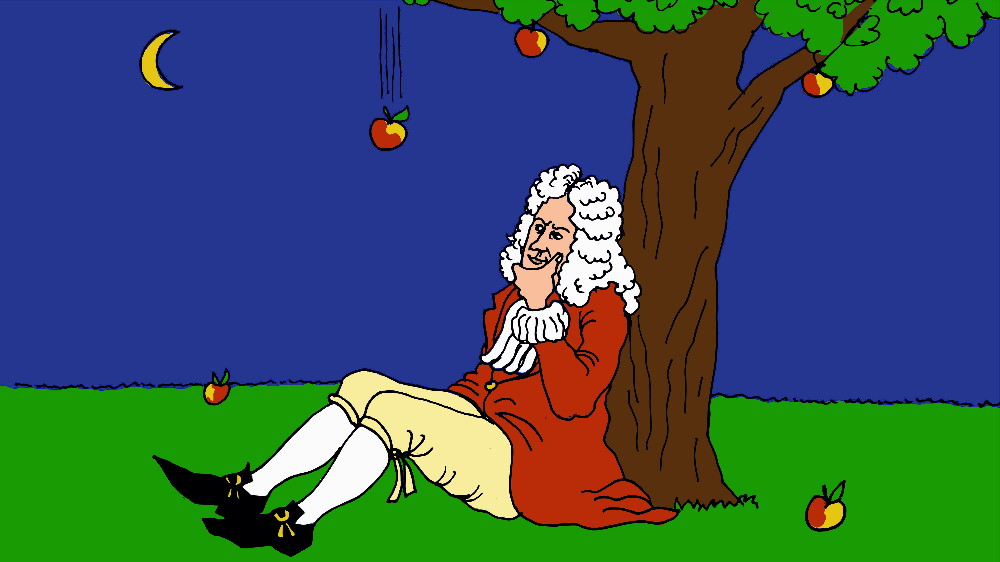
Since the formation of planet Earth, objects have continually stayed on the surface. The only things that are above the surface of the earth are things blown by the wind or by powered flight like birds or aeroplanes. Otherwise, items have always remained on the surface.
Sir Isaac Newton (1642-1726) noticed that the apple would always fall from the tree to the ground. He formed the theory of gravity. Gravity is the universal force of attraction which exists between all forms of matter.
This is an example of Evidence:
His observation was that all things would fall to the surface of the earth.
Critical Analysis:
From this observation, Newton formulated the theory of gravity.
This is Science.
Example 3: Evidence and Critical Analysis - Migration of Birds
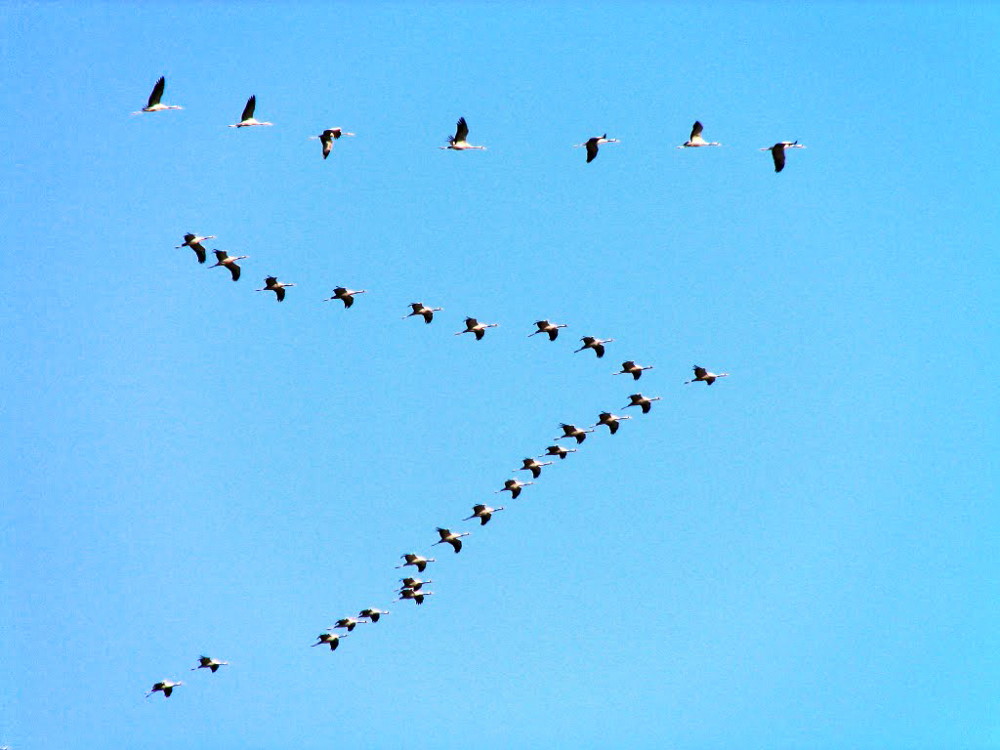
The migration of birds.
Evidence:
Every year, birds migrate, flying thousands of miles to the warmer parts of the world for their winter nesting session and return. They would fly thousands of miles and arrive from the same location they had departed from some months previously. This would be done repeatedly and consistently.
The question asked is, how do they do it?
Many scientists have postulated that birds need a GPS system to help them travel thousands of miles and do it repeatedly and reproducibly.
Critical Analysis:
Birds have for centuries flown these migratory routes, and these birds are still around to this present day. This shows that this migration is a success. The point is science still cannot explain precisely the mechanism, but it works.
This is Science
(Note: This would not have been classed as Science with the 1st definition).
Example 4: Evidence and Critical Analysis - Human Compass
Humans identifying the North-South Compass axis
Evidence:
I know of persons who can identify the North-South compass axis reproducibly and consistently without instrumentation. The accuracy is impressive – to the nearest 3 degrees. I can identify the south direction to about 10 degrees which is sufficient for the initial stages of my feng shui work.
Critical analysis:
Persons being able to identify the North/South compass reliably. There is a suggestion by John Edward Huth in the book “The Lost Ark of Navigating Your Way” that humans have magnetoreceptors that can pick up the magnetic field, which helps identify the north/south axis. This ability has to be developed in the first place.
As in the previous example of birds, the phenomena exist, but Science cannot show how it works or exists.
This is Science
(Note: This would not have been classed as Science with the 1st definition).
Example 5: Evidence and Critical Analysis - Traditional Feng Shui
Traditional Feng Shui
Evidence:
The ancient Chinese people who managed the land observed how nature interacted with humans over time. Their observations were refined over the centuries.
In ancient China, especially during the period of warring states (475 to 221 BC), there were numerous battles between the various states. The prosperous states could afford better generals, wiser advisers and bigger armies. They were able to defeat the armies of the poorer states. The rulers of more prosperous states attributed their prosperity to the land management of the state (feng shui).
The eventual victor of this period was Qin Shi Huang Ti (Qin dynasty 221 to 206 BC), who became the first emperor of a unified China. He had his capital in Xian, where he was buried in an artificial hill which is adjacent to the mausoleum, which included the army of terracotta soldiers and other burial items. The “land management system” used is the precursor to the “traditional feng shui” systems of today.
Some “battle-tested” observations.
- A property in a valley is more auspicious than one isolated on a hilltop.
- Property on the “upstream” side of a bridge is more prosperous than one on the “downstream” side of the bridge.
- A coffee or tea shop near a junction was more auspicious than one along the street.
Critical Analysis:
Traditional feng shui is a time-proven methodology that helps provide a better living environment for the people. The main driver is Qi (Energy). According to Chinese Philosophy, the more Qi (Energy) in the location, the more auspicious it becomes.
These 3 locations are examples where the energy settles in preference to others.
This is Science
Scientific Method
This is a commonly used method in decision-making. It is termed a scientific or logical method. This involves a feedback loop.
Let me give you two examples:
To prepare an article for the Web
Aim: I wanted to write a post on my website. My aim was for it to rank on the 1st page of Google.
Method: I wrote the article in a reader-friendly manner. Google did not rate it highly and, therefore, did not rank it.
I researched the factors that Google consider important.
I made one change and checked whether there was any change in the rankings.
I continually made changes and monitored the rise (or fall) in the google rankings.
Result: I did this continually until I was satisfied that the article had reached my aim - the first page of Google.
The point of this little story is to show the feedback loop.
After writing the post, I made modifications according to the rankings from Google.
I could check what was working or not. (Whether Google like it or not).
This feedback loop is essential in learning a craft, skill or anything.
Replicating an old recipe
Aim: I found a cake recipe that my mother used. I wanted to eat it again.
It was a handwritten recipe giving the usual details of the ingredients and baking conditions but with a minimum of detail.
Method: I followed the recipe to the word. It did not taste or look right.
I repeated it and failed. I wondered, was it me or the recipe.
It was a traditional family recipe handed from mother to daughter. I could not find it on the internet as I did not know the real name.
I checked the recipe with my cousin, who is a serious foodie. The recipe gave the wrong weights to the ingredients; they were transposed.
Result: I repeated work on the modified recipe. It worked – it had the right taste and texture.
The point of using this story is the use of the feedback loop.
The original text gave the wrong result.
I checked to find out why by asking my cousin.
With the new information, I got the expected result.
Scientific Method or Feedback loop
I was trained by a practising Feng Shui consultant who taught us a number of methods. I analysed a number of properties my Master had worked on and correlated them with the results that the clients achieved.
I used these same methods in a similar manner on my clients and to achieve similar results.
The point is that I used the taught methods and have achieved similar results for my clients.
Commentary
Religious dogma in the Middle Ages
The key difference between the middle ages and the modern age is the use of the Scientific Method. In the middle ages, if a nation or family wanted to do anything, they would have to consult the head of the religion. In the west, it was the Church.
For example, Galileo (1615 AD) proposed the idea that the earth rotated around the sun and this was met with opposition from the Vatican (Catholic Church) which believed the earth was the centre of the universe. For that, Galileo was tried for heresy and spent the rest of his life under house arrest.
With the religious dogma, the teachings are set in stone and the interpretations are checked with the religious authorities.
Scientific Era in the Modern Age
Later in the scientific age, Isaac Newton in England, developed the two fundamental laws in physics and calculus.
He showed that light was composed of various components which refract to create the rainbow.
He developed the Laws of Universal Gravitation in 1666 AD.
He was able to present this work without any interference from the Religious Authorities.
This is the attitude of the scientific era. You can try to do anything. To get it acceptable, you have to show that it is reproducible and provide a reasonable explanation. This was the attitude when the steam engines were invented and started the 1st industrial revolution.
Traditional Feng Shui – the teachings are taught and learned in practical sessions. Then, the person acquires the personal skills to detect the various signs of whether the consultation is on the right track. This is a feedback loop that checks whether the procedure is correctly applied.
The Key part in Science is the feedback. Anybody could claim to be right as long as you can prove it according to the rules of Science which I have stated below:
Evidence,
Repetition,
Critical Analysis
Conclusion: Is Feng Shui a Science?
As a scientist, I would consider Traditional Feng Shui is a Science. This is based on proof of Evidence, Repetition and Critical analysis.
Traditional Feng Shui has Scientific Method as it as a feedback mechanism. This feedback is essential so you can determine whether you are on the right path or not.
I cannot comment on other forms of Feng Shui as I have not learnt or taught the methods in detail. I have only read some books.
My Credentials
Dr Michael Oon as a Scientist:
Expertise: I worked as a Forensic Scientist at the Metropolitan Police (Scotland Yard) Forensic Science Laboratory for 20 years. I have testified as an Expert Witness in the Courts in London, including the Old Bailey (the highest criminal court in the UK) and also in other parts of the world.
Authoritativeness: I did my 1st Degree in Chemistry/Biochemistry at London’s Imperial College. I completed my PhD at the Institute of Psychiatry (University of London) with a commendation for my thesis. Further, I have more than 30 publications in peer review scientific journals and am also a referee in reviewing scientific publications.
Trustworthiness: I worked in the Metropolitan Police service. The conditions of work expected me to have the highest standards of behaviour and trust.
As a Feng Shui Consultant:
Expertise: I am a specialist in Feng Shui Consulting using the techniques of Traditional Feng Shui. I have worked for over 20 years on more than a thousand projects. They have ranged from small residential properties to the design of towns.
Authoritativeness: I was selected to be trained by a lineage Feng Shui consultant—the training programme of established methods that have been proven over the centuries.
Trustworthiness: I am a member of Alliance Feng Shui and the Feng Shui Society. I have to behave and maintain the standards of the respective organisations.
Other Posts that might be of Interest:

